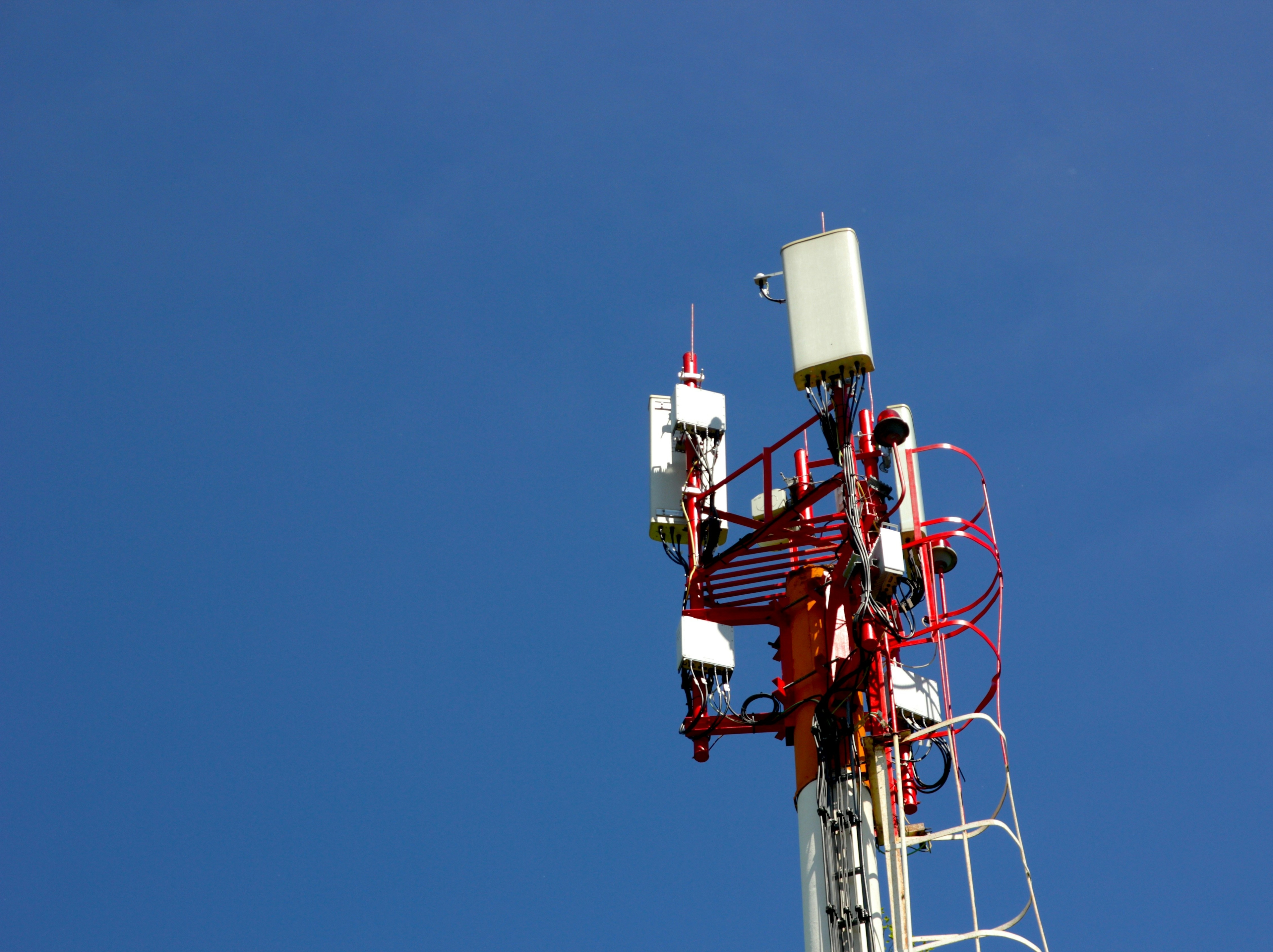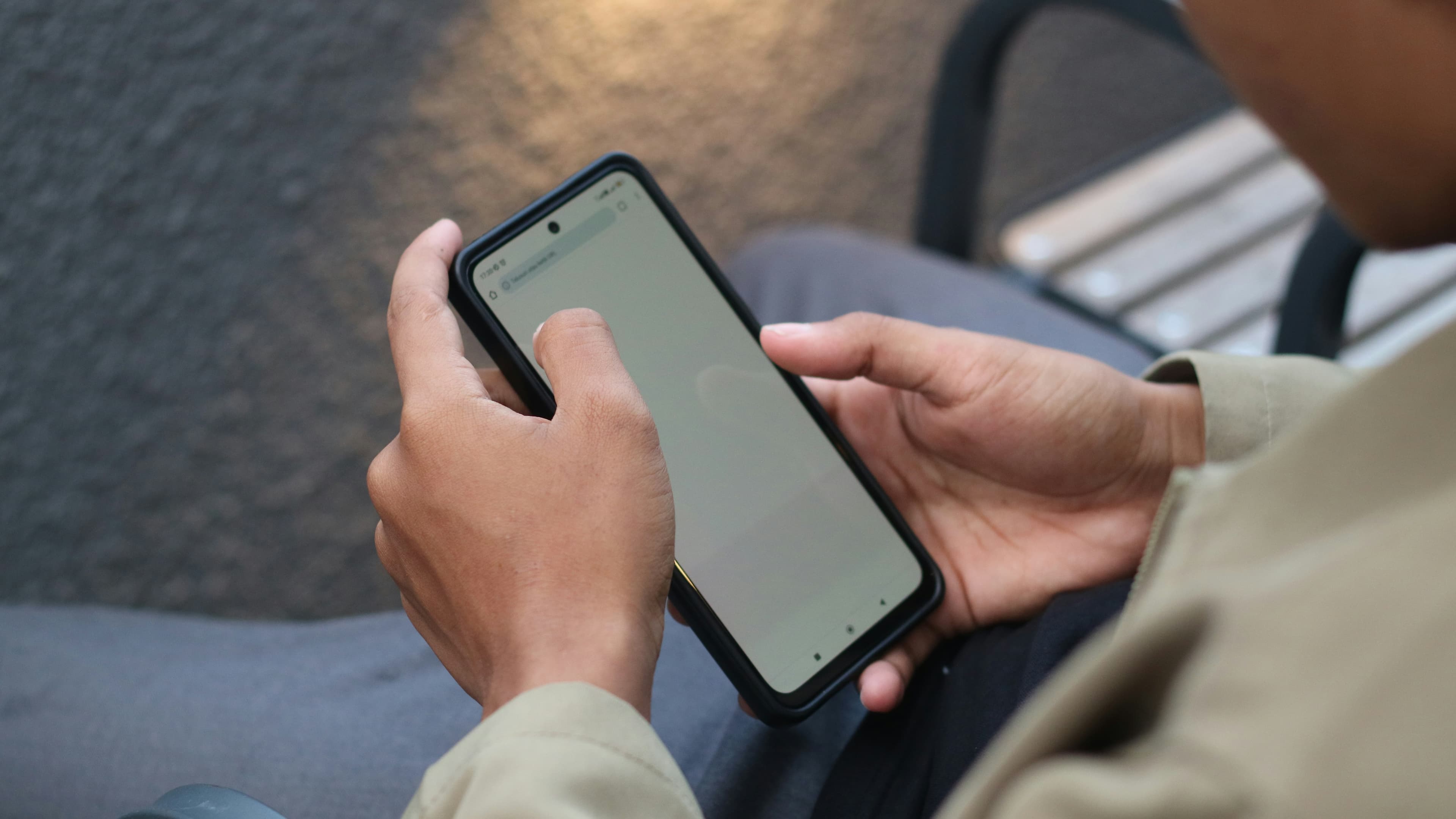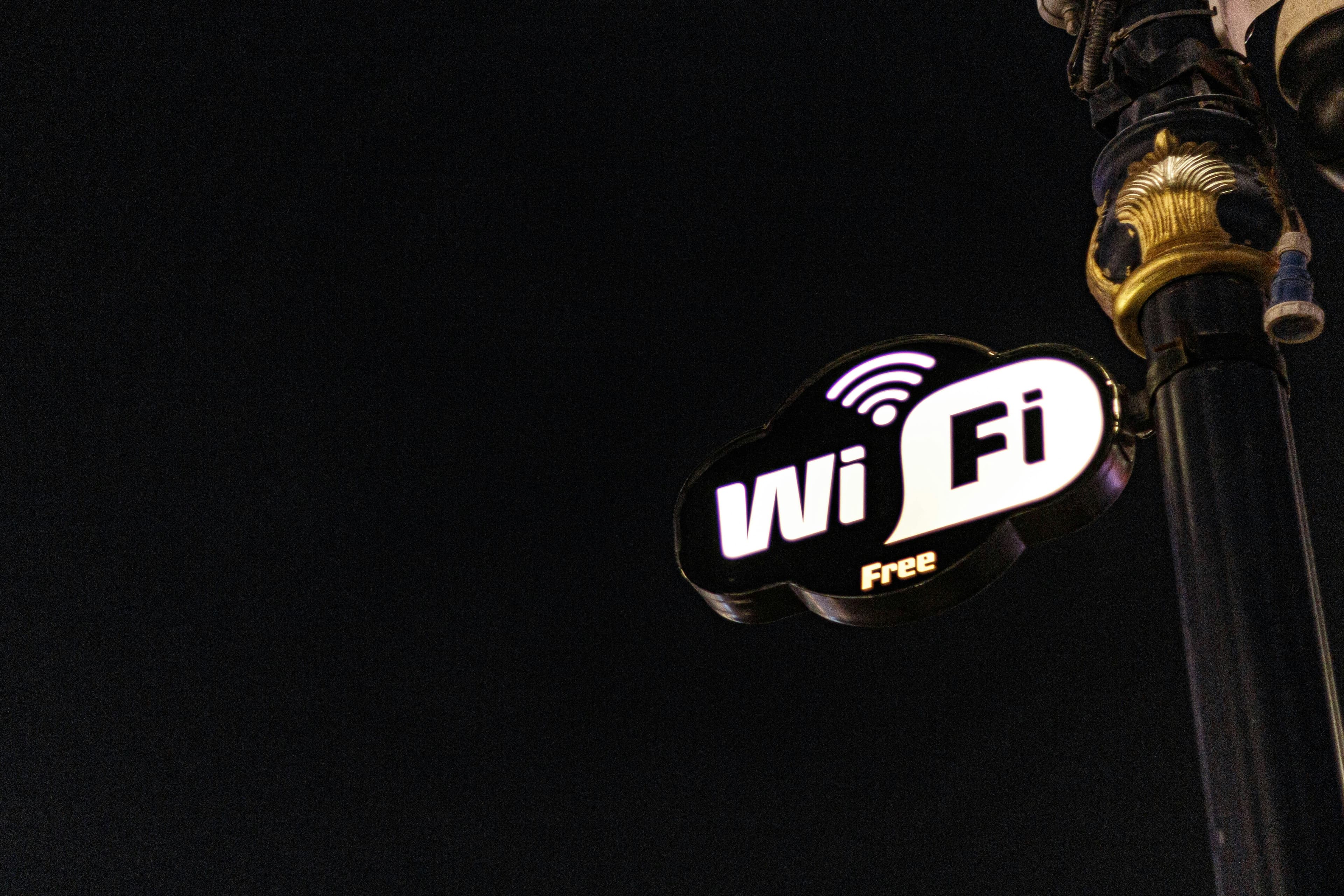
Getting Connected in Portugal: How to Choose Your Operator Without Falling Into Traps
Between tempting offers, temporary plans, and local subtleties, understanding the Portuguese telecom landscape has become essential for anyone looking to live or travel in Portugal with peace of mind.
Settling down or spending time in Portugal often means discovering a country where everything feels simple, easy, and welcoming.
But when it comes to mobile networks, internet access, or SIM cards, things can quickly become a little more complex.
Between long-established providers and new digital players, offers are abundant — some genuinely attractive, others somewhat confusing.
For newcomers or frequent visitors, choosing the right operator is a balancing act between budget, service quality, and real needs.
In a country where the sun shines over three hundred days a year and life flows at an unhurried pace, staying connected is more than a convenience.
It is a vital link — to family, work, administration, or simply the pleasure of discovering new places.
Portugal, with its modern infrastructure and rapidly expanding 5G network, offers excellent options — as long as you know how to decode them.
The Main Players on the Portuguese Market
The Portuguese telecommunications scene is built around three major pillars: MEO, Vodafone Portugal, and NOS.
These three giants have dominated the market for years, offering solid nationwide coverage, including rural and island regions.
They are joined by newer operators such as Lycamobile and Nowo, which focus on flexibility and competitive pricing.
MEO, part of the Altice Group, is the most established operator.
Its strength lies in reliable network stability and a wide range of bundled services that include mobile, internet, and television.
Vodafone, known for its innovation, appeals to users seeking speed, efficiency, and modern services — ideal for professionals and heavy data users.
NOS, for its part, emphasizes simplicity and affordability, often becoming the preferred choice for families and long-term residents.
Although technically similar, these three differ in customer service approach, tone, and adaptability to different lifestyles.
And it is often in those nuances that the real differences are found.
Different Needs for Different Types of Users
Choosing a mobile plan depends above all on the type of stay.
A short-term tourist does not have the same needs as an Erasmus student, a digital nomad, or a long-term expatriate.
For short visits, prepaid SIM cards remain the simplest solution.
They are available everywhere — airports, kiosks, supermarkets — and provide an immediate Portuguese number with enough data for browsing, navigation, and everyday use.
Both MEO and Vodafone offer plans valid for fifteen to thirty days, easily rechargeable online and requiring no contract.
For those staying longer, a postpaid plan with a monthly contract is more appropriate.
These plans are often bundled with home internet or TV packages.
Prices typically range between ten and thirty euros, depending on data volume and extras, but registration usually requires a NIF (Portuguese tax number) and a local address.
The good news is that most operators have English-speaking customer service, and in tourist areas even French, which makes the whole process much easier.
Everyday Internet Connectivity
Portugal is one of the best-connected countries in southern Europe.
Fiber optics cover nearly all major cities, and 5G is expanding rapidly.
In rural areas, 4G remains stable and fast enough for streaming, video calls, and remote work.
For fixed housing, fiber internet plans are affordable, with installation often quick and straightforward.
Operators offer modern routers, TV options, and technical support that is generally efficient.
MEO, Vodafone, and NOS share most of the fiber market, and the quality of service depends more on customer care responsiveness than on speed or signal strength.
For more mobile lifestyles, portable Wi-Fi routers (hotspots) are an ideal option — small rechargeable 4G devices that keep you connected anywhere without relying on fixed housing.
Local companies such as TravelWiFi Portugal and MEO Go provide weekly or monthly rental options, perfect for flexible travelers.
Pitfalls to Avoid
As everywhere, the details make the difference.
Some prepaid plans offer very attractive prices but reduce speed once a data limit is reached.
Others include hidden fees for international use or automatic renewals that can catch you off guard.
It is always important to read the fine print carefully, especially for tourist SIMs sold at airports, which are often more expensive than those purchased in local shops.
Be cautious with overly generous bundled offers that require long-term contracts or have high cancellation fees.
For students or temporary workers, contracts without a minimum term are generally the safest option.
Finally, some smaller virtual operators (MVNOs) use the networks of larger providers but offer inconsistent service quality.
Before signing up, it is worth checking recent reviews and testing coverage in your area of residence.
When Connectivity Becomes Culture
Beyond the technical aspects, choosing a telecom provider in Portugal is also a way to discover a cultural dimension of daily life.
The Portuguese value personal contact and genuine service.
It is not uncommon for a shop assistant to explain an offer in detail, switch easily between languages, or recommend the most affordable plan with a smile.
This human, patient, and relaxed approach is part of what makes the Portuguese service experience unique.
Technology here never replaces humanity — it accompanies it.
It connects people, simplifies life, and supports communication without removing the warmth of personal interaction.
Perhaps that is why, even in a highly digital country, hospitality still defines the experience at every level.
Conclusion
Choosing the right operator in Portugal is about finding balance between the need to stay connected and the joy of disconnecting.
In a country where the sea, music, and conviviality shape the rhythm of daily life, it is reassuring to know that technology serves life — not the other way around.
Whether you are a curious traveler, a newly arrived student, or a long-term expatriate, options are plentiful and service quality is consistently high.
Staying connected in Portugal ultimately means living in harmony with its spirit: fluid, simple, warm, and always open to the world.
Share this article
Suggested articles

Staying online on the road the secrets of a good connection in rural Portugal
Portugal isn’t just Lisbon, Porto, or the beaches of the Algarve. It’s also hilltop villages where time seems to stand still, endless fields of olive trees, and winding roads that twist through the hills. The kind of place where silence weighs more than a PDF file. But let’s be honest: even in all that tranquility, we still want to stay connected. To send an email, make a call, or simply check the weather before lighting the barbecue.

Low cost bundle or mobile only understanding Portuguese offers without losing your mind
In Portugal, the phone is not just a tool. It’s an extension of oneself. In Lisbon cafés, on Algarve beaches, or in Porto’s narrow streets, everyone has their smartphone in hand, often with two SIM cards to switch between operators. Connectivity is part of daily life, almost like air or sunshine. But when it’s time to choose a plan, things get complicated fast.

Fiber 5G and sunshine the new paradise for digital nomads
There was a time when the dream of a digital nomad meant a bamboo hut in Bali, a MacBook, and a green smoothie. But in recent years, a new paradise has shaken up the global remote work map: Portugal. With its omnipresent fiber optics, rock-solid 5G, and near-daily sunshine, the country has managed to charm freelancers and startup founders alike (and, of course, lovers of good pastéis de nata).

Internet for Travelers: The Smart Guide to Staying Connected in Portugal
Traveling through Portugal today means stepping into a country where modernity and tradition coexist with rare harmony, where cobbled streets lead to cafés with fast Wi-Fi connections, and where technology blends effortlessly into the rhythm of everyday life.

Home telecommunications in Portugal
Moving to Portugal is more than just a change of address — it’s the beginning of a new chapter filled with light, calm, and possibility. Once you’ve found your new home and unpacked your suitcases, one essential task quickly rises to the top of the list: getting connected.

Telecommunications in Portugal
For many, arriving in Portugal marks the beginning of a new chapter — whether to live, work, study, or simply enjoy the sunshine and the gentle pace of Portuguese life.


